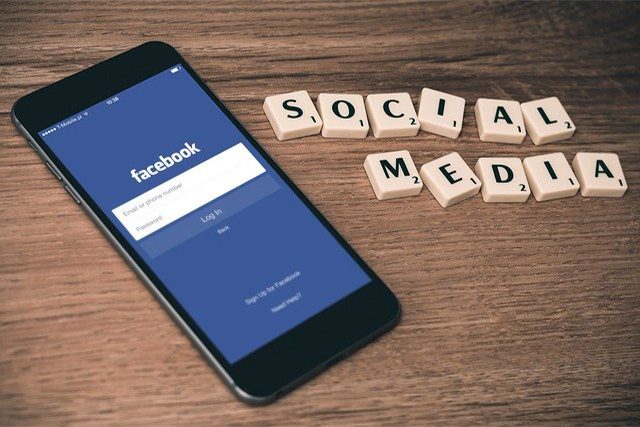Social media posts can be libelous even when they are true, according to veteran lawyer Chel Diokno.
Diokno, a former senatorial candidate, posted this brief lecture to raise awareness of cyber libel on social media.
He started it with the following prevailing question: “Pwede ka bang makasuhan ng cyber libel kung totoo naman ang pinost mo?”
Diokno then stated: “Batay sa batas, itinuturing pa ring malisyoso ang isang nakakasirang post kahit ito’y may katotohanan.”
PWEDE KA BANG MAKASUHAN NG CYBER LIBEL KUNG TOTOO NAMAN ANG PINOST MO? (A Thread)
Batay sa batas, itinuturing pa ring malisyoso ang isang nakakasirang post kahit ito’y may katotohanan.
— Chel Diokno (@ChelDiokno) August 22, 2022
He explained that for any negative or defaming post or publication, the law considers it maliciously intended even if the information on it is factual or true.
“Kapag ang isang nilathala o sinabi ay nakakasirang puri, tinuturing ito ng batas na sinasadya o walang magandang hangarin kundi manira kahit na totoo man ito. Kaya maaaring magkaroon pa rin ng libel case kahit na totoo iyong sinabi,” Diokno said.
In defense, the accused can counter that the post was made with good intentions and not for the defamation of the aggrieved party.
“Pero iyong katotohanan, nagiging depensa doon sa anumang kaso na isasampa. Maaaring sabihin ng akusado na totoo ang kanyang sinabi at may maganda siyang hangarin at hindi malisyoso ang kanyang pagkilos,” Diokno said.
“Ngunit dapat itong patunayan ng akusado dahil kung hindi, maaari siyang makulong sa kanyang ginawa,” he added.
The human rights advocate, however, stated that such provisions have exceptions.
Diokno also noted that the law excludes official reports of actual events.
He also stressed that government officials should not be too sensitive to public criticism online.
“Isa pa, sinabi ng Korte Suprema na ang mga public figure o mga opisyal ng gobyerno ay hindi dapat maging balat sibuyas sa mga kritisismo mula sa mamamayan kaugnay sa pagganap nila ng tungkulin,” Diokno said.
Libel is a cybercrime offense punishable by virtue of the Cybercrime Prevention Act of 2012.
“The unlawful or prohibited acts of libel as defined in Article 355 of the Revised Penal Code, as amended, committed through a computer system or any other similar means which may be devised in the future,” the provision reads.
Article 355 of the Revised Penal Code defined libel as a “public and malicious imputation of a crime, or of a vice or defect, real or imaginary, or any act, omission, condition, status, or circumstance tending to cause the dishonor, discredit, or contempt of a natural or juridical person, or to blacken the memory of one who is dead.”
Article 354 stated the following exceptions that Diokno had mentioned in his social media post:
- A private communication made by any person to another in the performance of any legal, moral or social duty; and
- A fair and true report, made in good faith, without any comments or remarks, of any judicial, legislative or other official proceedings which are not of confidential nature, or of any statement, report or speech delivered in said proceedings, or of any other act performed by public officers in the exercise of their functions.










